- Keynote Slides — Harry Surden, Colorado Law
- Conference Transcript
- Conference Video Playlist
- Flickr Photo Album

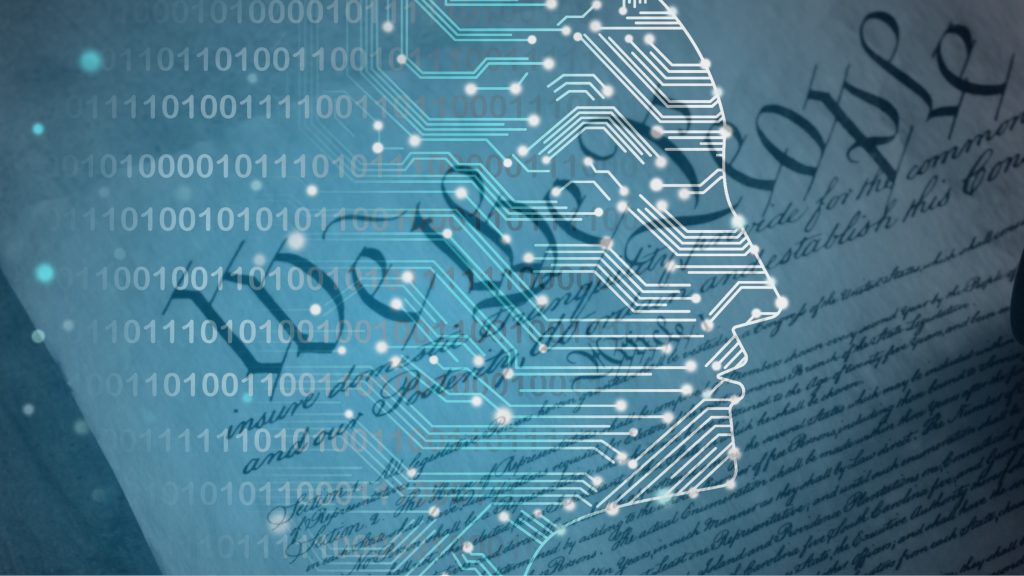
Silicon Flatirons and the Byron White Center are proud to be partnering together on a conference on AI and the Constitution being held on April 19, 2024. The conference merges the Silicon Flatirons annual Artificial Intelligence Conference with the White Center’s annual Ira C. Rothgerber Jr. Conference on Constitutional Law. This joint conference will examine emerging Constitutional issues implicated by the rapid advances in artificial intelligence.
Times are subject to change. More details to come.
Sessions
Check In and Breakfast
@ Wolf Law Building: Foyer and Boettcher Hall
Attendees are welcome to check-in and enjoy a continental breakfast buffet before the day’s programming gets underway.
Welcome and Introduction
@ Wolf Law Building, Wittemyer Courtroom
- Suzette Malveaux
Moses Lasky Professor of Law, University of Colorado Law School
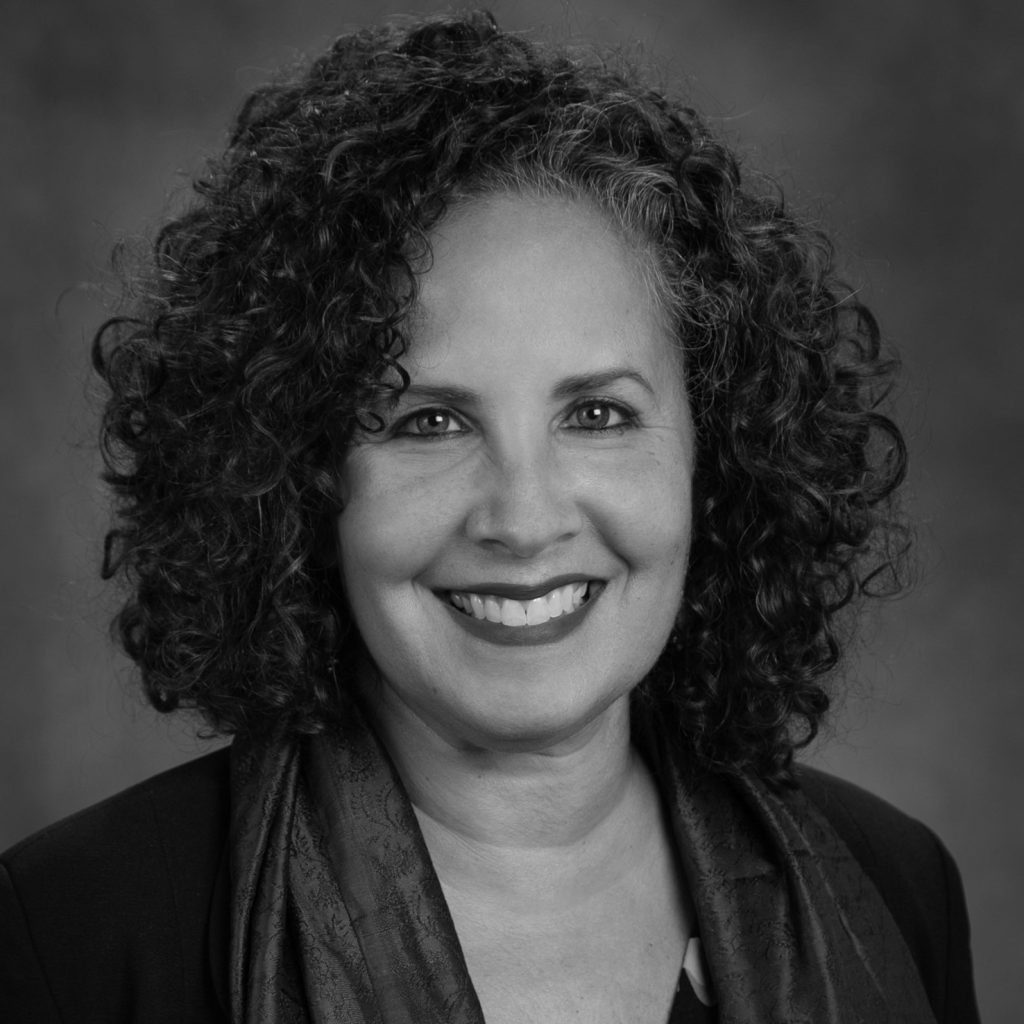
Break
AI and Privacy
- Suzette Malveaux — Moderator
Moses Lasky Professor of Law, University of Colorado Law School - Chris Chambers Goodman
Professor of Law, Pepperdine Caruso School of Law - Paul Ohm
Professor of Law; Chief Data Officer, Georgetown University Law Center - Spencer Overton
Patricia Roberts Harris Research Professor, George Washington University Law School - Scott Skinner-Thompson
Associate Professor, Colorado Law School





This panel explores the challenges of protecting the right to privacy in the context of the explosion of AI. The discussion will range from how privacy can and should be protected from a wide angle lens to more granular assessments. More specifically, the panelists will consider: the challenge of defining and protecting “sensitive” information; the need for data privacy protections tailored to marginalized groups to guard against exploitation, oversurveillance and political deception; the dangers of law enforcement’s use of facial recognition technology; and the efficacy of groundbreaking local laws that require impact assessments for algorithms used in hiring decisions.
Lunch
@ Wolf Law, Schaden Commons
A catered lunch will be provided onsite.
AI and the Interpretation of the U.S. Constitution and Other Legal Documents
- Harry Surden — Moderator
Professor of Law, University of Colorado Law School - Yonathan Arbel
Silver Associate Professor of Law, University of Alabama Law - Andrew Coan
Milton O. Riepe Chair in Constitutional Law, University of Arizona - Vivek Krishnamurthy
Associate Professor, University of Colorado Law School - Megan Ma
Associate Director, Stanford Program for Law, Science, and Technology, and CodeX, Stanford Law School

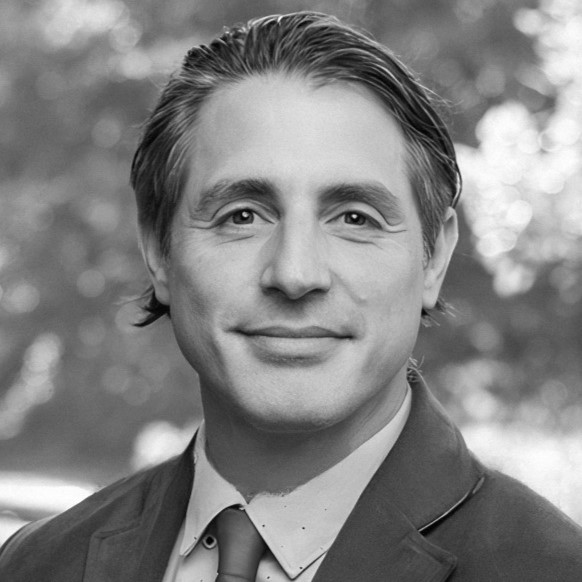

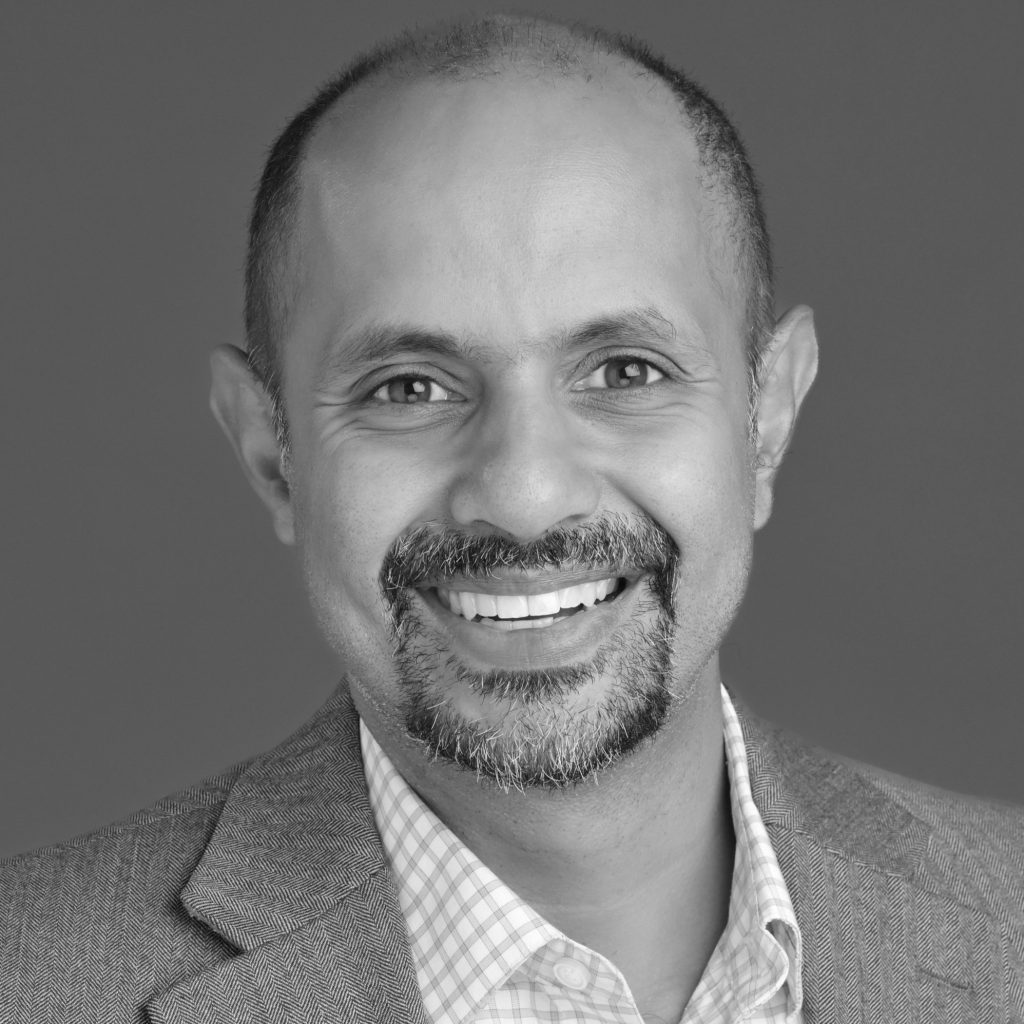
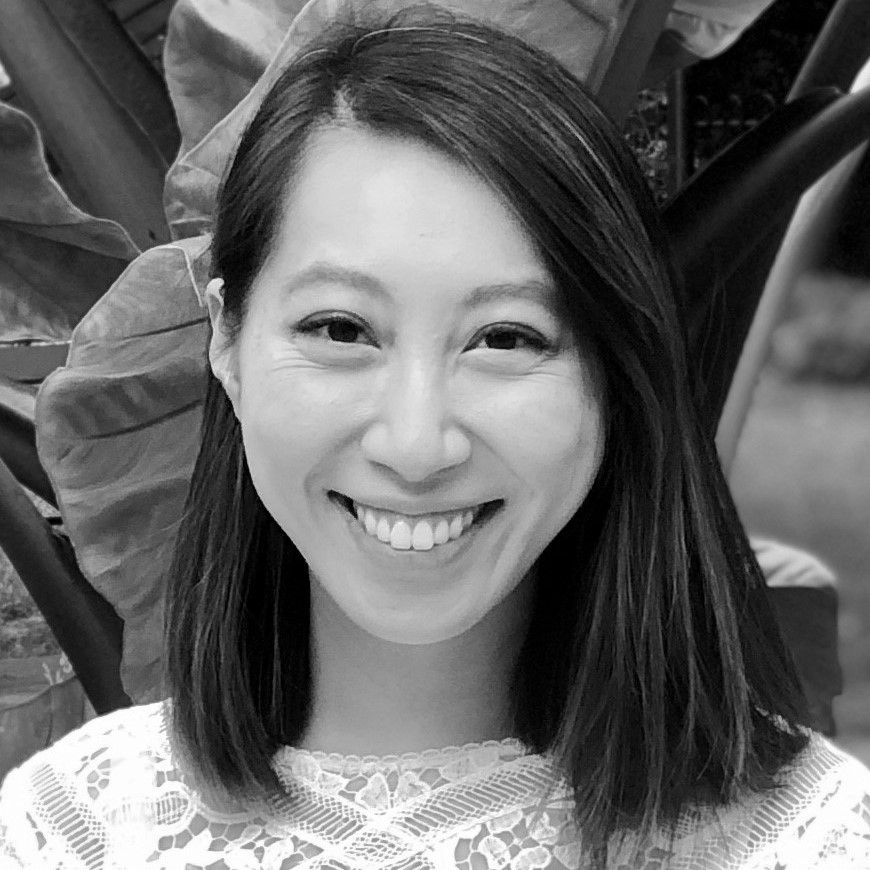
The applications of artificial intelligence (AI) in the legal field are becoming increasingly apparent. One area of particular interest is the use of AI in interpreting legal documents, such as contracts and the U.S. Constitution. Proponents argue that AI could provide more objective and consistent interpretations, with reduced biases or inaccuracy. Others suggest that this could result in a more uniform application of law, provide clarity in complex legal landscapes, or uncover novel or more consistent patterns of legal thought.
However, critics caution that the notion of AI-driven objectivity in legal interpretation may be illusory. They argue that the underlying policy preferences and value judgments that underlie human interpretation of law cannot be eliminated, nor should they be, even with the use of advanced technology. They also highlight the central role of discretion and human judgment in matters of law. Moreover, they raise concerns about the transparency and accountability of AI systems in such crucial decision-making processes. Critics observe that many of similar questions have already been addressed in earlier debates about familiar interpretive philosophies, such as textualism, originalism, and pragmatism.
This panel will explore the possibilities and limitations of using AI in interpreting the U.S. Constitution and other legal documents. Panelists will examine the potential benefits, such as increased efficiency and consistency, as well as the challenges The discussion will explore questions surrounding the nature of legal interpretation and the role of human judgment in the process.
Break
AI Speech and the First Amendment
- Blake E. Reid — Moderator
Associate Professor of Law, University of Colorado Law School - Eric Alston
Scholar in Residence, Finance Division, University of Colorado Boulder - Newton Campbell
Director, Space Programs, Australian Remote Operations for Space and Earth (AROSE) - April Dawson
Associate Dean of Technology and Innovation and Professor of Law, North Carolina Central University School of Law - Helen Norton
University Distinguished Professor and Rothgerber Chair in Constitutional Law, University of Colorado Law School


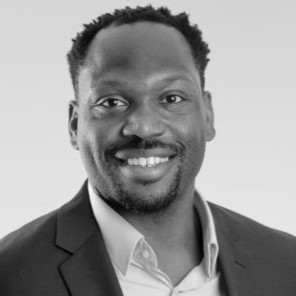
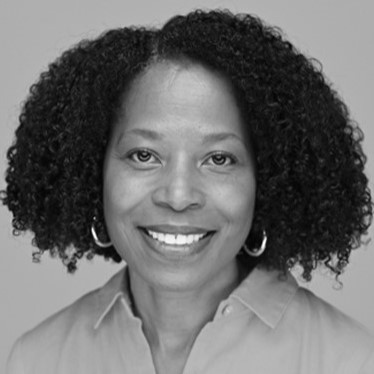
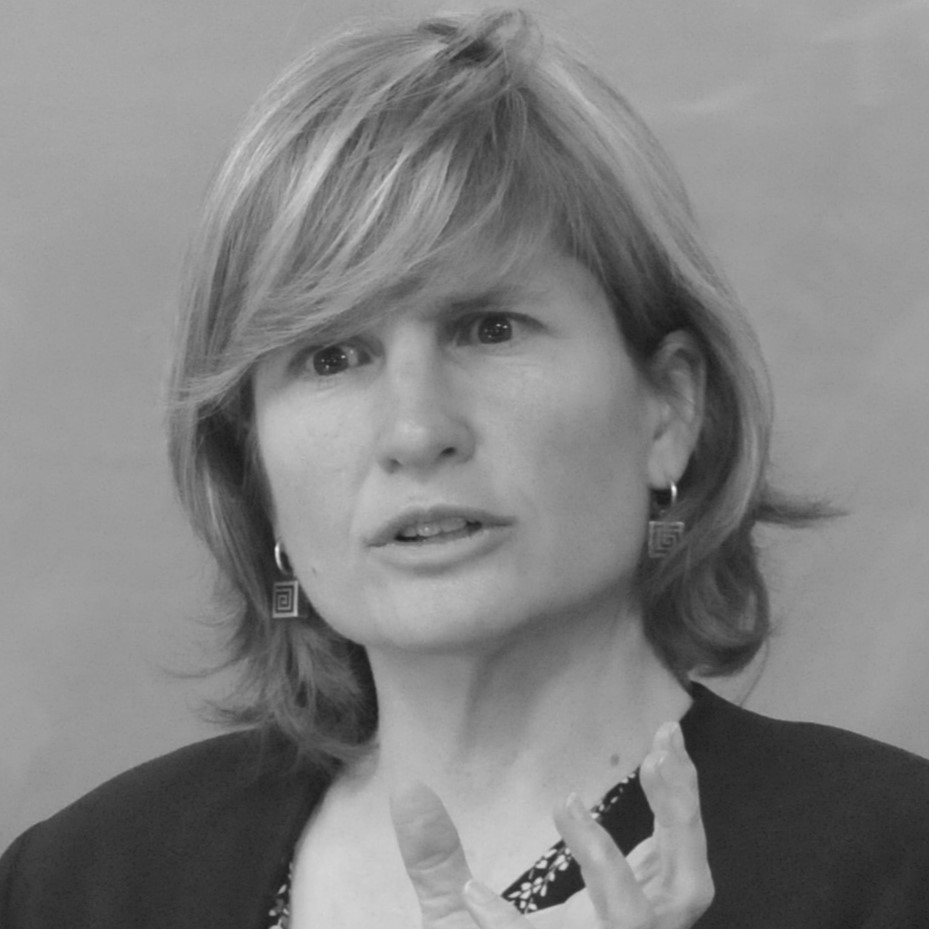
The First Amendment has long protected the speech rights of human (and corporate) speakers and listeners in the United States. However, the rapid advancements in artificial intelligence since 2022 have led to a new era in which AI-generated speech can match or even surpass human-generated content in terms of sophistication and substance. This development has raised complex questions about the intersection of AI speech, such as, how does the First Amendment apply to speech generated by machines, if at all?
This panel will explore the various implications of AI-generated speech on First Amendment jurisprudence. Panelists will examine whether the right to free speech extends to the creation and dissemination of AI-generated content, and if so, to what extent. The discussion will also explore the potential differences between AI and human speech, and whether these differences warrant distinct legal considerations.
Another key question the panel will address is whether individuals have a First Amendment right to access AI-generated speech in the same way they do with human-generated content. This raises concerns about potential censorship and the role of government regulation in the realm of AI speech. Additionally, the panel will consider the challenges posed by AI-generated speech that is defamatory, misleading, or inaccurate. Panelists will explore whether such speech should be treated differently than similar content produced by human speakers, and if so, what legal frameworks could be applied to address these issues.
Closing Remarks
Reception
@ Wolf Law Building, Foyer and Boettcher Hall